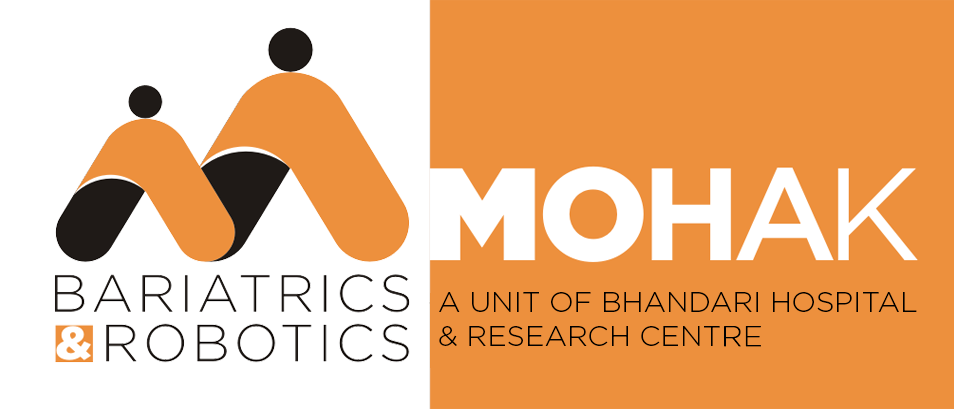Pre and Post-Operative Bariatric Diet
Well, one of the most frequently asked questions by patients to their bariatric surgeon is what type of diet they will need to follow before and after their surgery. Most of the bariatric surgeons provide a customized diet plan to their patients, according to the type of surgery done, and the patients’ unique health and lifestyle factors. Adhering to a proper bariatric diet before and after your surgery is key to an optimal patient outcome.

Below is a general outline of what you can expect a typical pre-operative and post-operative diet to look like:
Pre Bariatric Surgery Diet
Most of the pre-bariatric diets are typically high in protein and low in carbohydrates. Most of the patients are advised to follow a liquid diet for a week or two leading up to surgery. This kind of diet helps in reducing bleeding, promotes healing, and helps reduce the amount of fat in and around your liver and abdomen.
The pre-op diet consists largely of protein shakes and other high-protein, low-calorie foods that are easy to digest. You may be required to follow a liquid-only diet as the date of your surgery approaches. The doctor may allow you to eat some solids during this time depending on your weight and overall health. You may also need to take certain vitamins to ensure you’re receiving the proper nutrients.
Post-Bariatric Surgery Diet
As the operation is completed, it will take time for your stomach to heal. The diet plays a crucial factor in how quickly your body will heal. So, it is usual that your doctor will determine how long each stage should last, and what you can eat and drink. Portion control is key during every stage, as it will help you to lose weight and prepare you for the way you will eat for the rest of your life. Your post-op diet will unfold in stages until you’re able to tolerate solid foods.
Stage one: Liquid diet
- Decaffeinated coffee and tea
- Skim milk
- Thin soup and broth
- Unsweetened juice
Stage two: Pureed diet
Once your doctor confirms that you are ready, you can begin consuming pureed foods that have a thick, pudding-like consistency.V-8 juice and first-stage baby foods that don’t contain solids are also convenient options.
Stage three: Soft diet
- Soft-boiled eggs
- Ground Meat
- Cooked white fish
- Canned fruits
Stage four: Stabilization
Once you are ready to tolerate soft foods, the doctor will recommend you to begin integrating firmer foods into your diet. Food will still need to be chopped into small bites since your stomach will be smaller in diameter, and large pieces of food can cause issues. Foods that are hard to digest should still be avoided at this point. Some foods to avoid during this stage:
- Refined sugar
- High carbohydrate foods
- Nuts and seeds
- Popcorn
- Dried fruits
- Carbonated beverages
- Granola
- Fibrous vegetables like celery, broccoli, corn, and cabbage
- Fried foods
- Bread and whole grains
- Beef
- Pork
- Grapes
Following a proper Bariatric diet is essential to a quicker and hassle-free recovery. Most importantly, make sure to take doctor’s consultation before and after Bariatric Surgery at all times.
